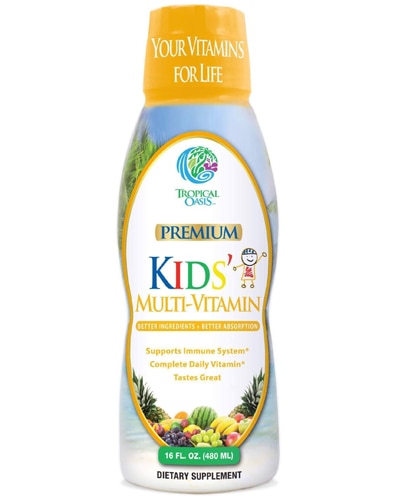A new year is the perfect time to become a mentor who will make a difference in a young person’s life.
Mentors typically wears many hats. Sometimes you are simply a cheerleader or sounding board. In other situations, you might advocate for a child’s best interests, or even enforce policy. Always, you will be role model and trusted friend.
As you help a young person grow, the mentee will return the favor by inspiring newfound excitement and purpose in your own life, says Brad Strong, executive director of Mentor Colorado, based in Denver.
“Be prepared to be blown away not only by how much fun you will have, but also how much you will get out of being involved,” he says.
Qualities of a good mentor
January is National Mentoring Month. It offers a timely a reminder of how badly mentors are needed in communities across the U.S.
One in 3 young people grow up without the guidance of a family friend, community member or other type of mentor, according to Mentor, a national organization that fosters mentoring relationships.
Anyone can be an effective mentor, but the best of these volunteers share some important attributes, Strong says.
“The (qualities) I have always emphasized are being able to listen, ask really good questions and to be present with a mentee,” he says.
The Mentor organization cites other important qualities, including:
- A desire to help young people, and a respect for youth
- Empathy
- The ability to see solutions and opportunities
- Flexibility
Mentoring can take on many forms. Some opportunities might be particular to your state or community, Strong says.
“In Colorado, we have mentoring programs that involve mentoring and skiing, snowboarding, singing, robotics, sports (and) tutoring,” he says.
You’ll find programs in a variety of locations, and opportunities that require differing levels of time and commitment.
“We even have e-mentoring that provides young people with online support,” Strong says.
Becoming a mentor
If you are considering becoming a mentor, the Mentor organization suggests asking yourself questions such as:
- What time commitment can I make?
- What age of youth would I like to work with?
- Would I like to work with one child or with a group of children?
- Would I like to team with other adults to mentor a child or a group of children?
- What mentoring location would I prefer?
Strong says the best way to get involved is to search for opportunities nationwide by using the Mentoring Connector tool located at the Mentor website.
“Select two to three different programs that interest you and get to know those programs and organizations better,” he says.
By doing so, you can find the perfect opportunity that matches your skills and interests.
“Think of it like dating,” Strong says. “Ask a lot of questions, get to know them better, and make sure it is a good fit for you and for the mentoring program.”
Mentoring creates a positive impact that reverberates far into the future. A 2014 report commissioned by Mentor found that at-risk young people who have mentors in their lives are:
- 55 percent more likely to enroll in college
- 78 percent more likely to volunteer themselves
- 130 percent more likely to hold leadership positions in life
The report also found that 90 percent of kids who have a mentor report interest in someday becoming mentors themselves.
Strong adds that people who serve as mentors typically report that they get even more benefit from the relationship than the mentee. “It is seriously fun,” he says.




